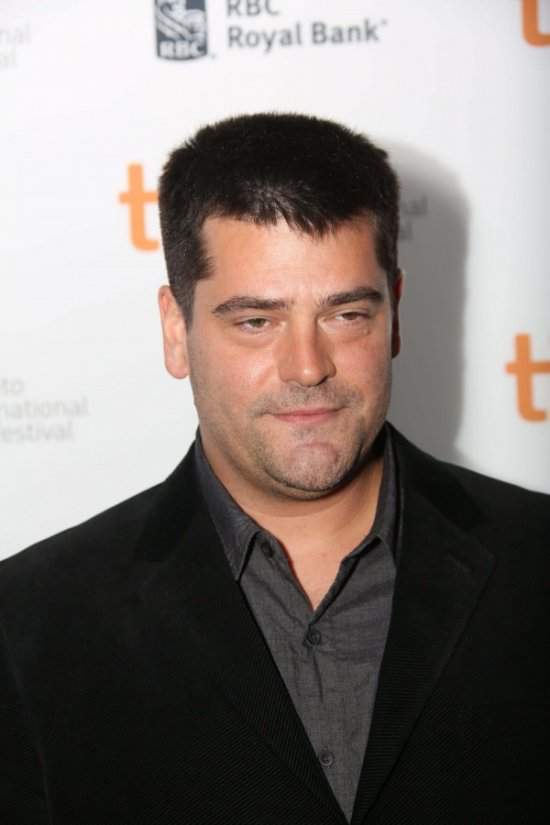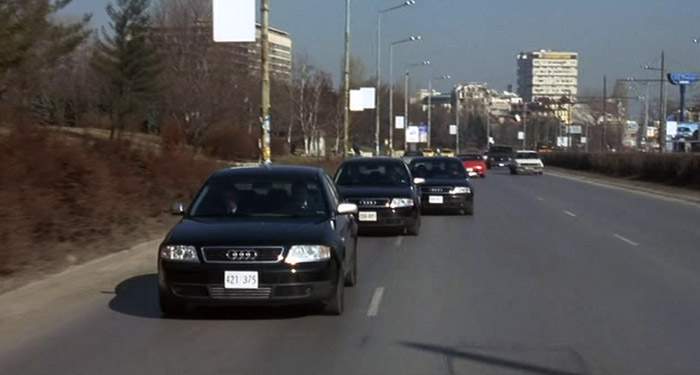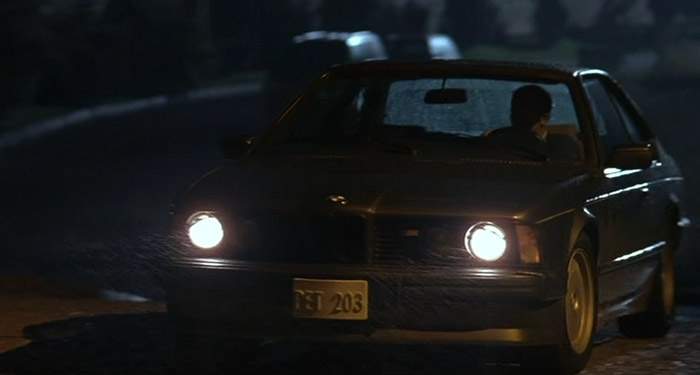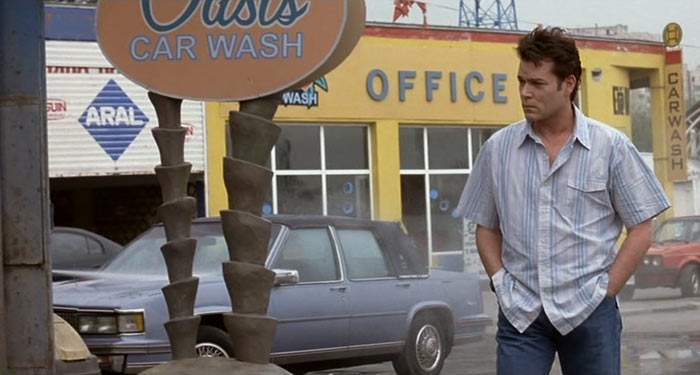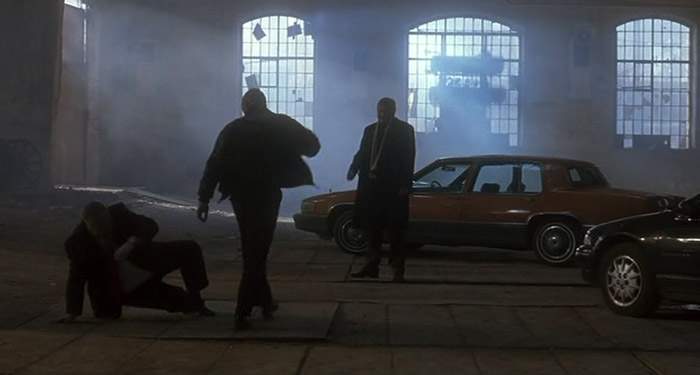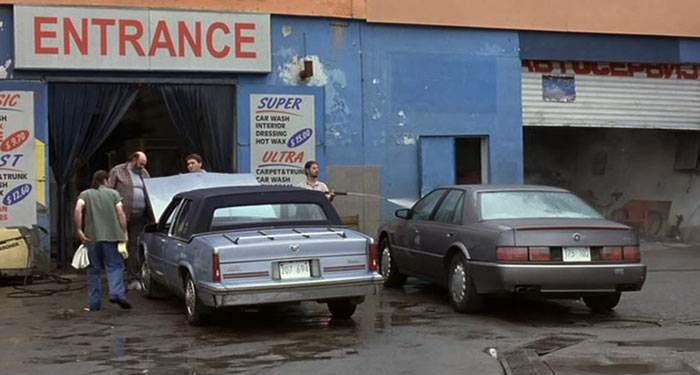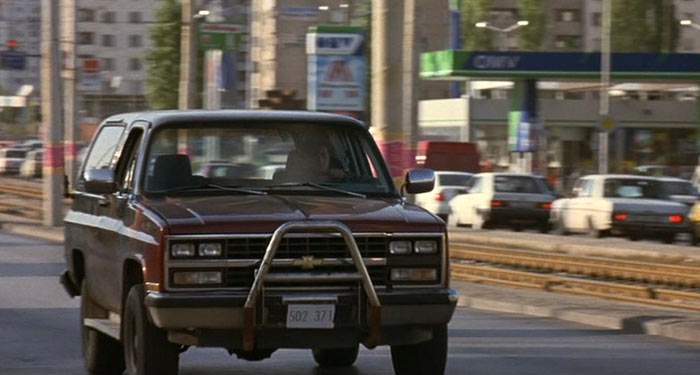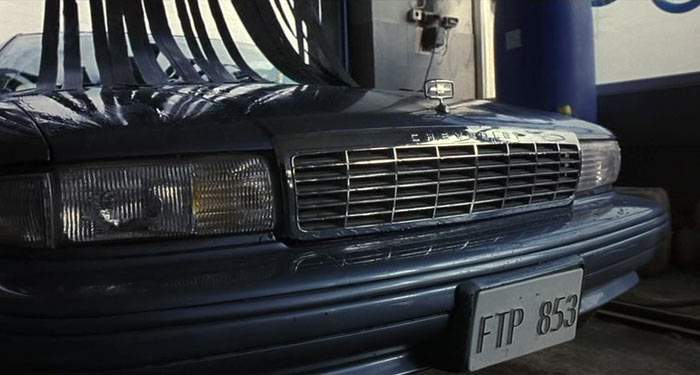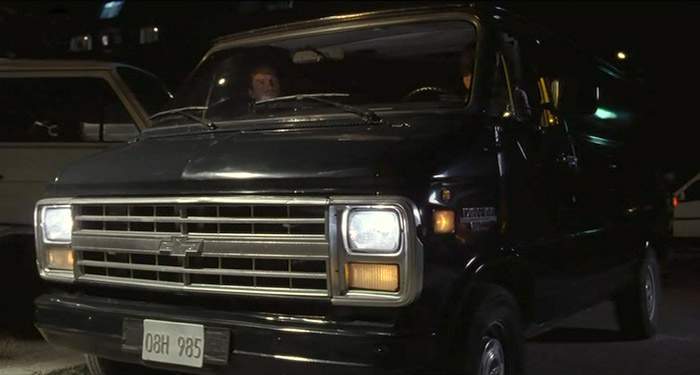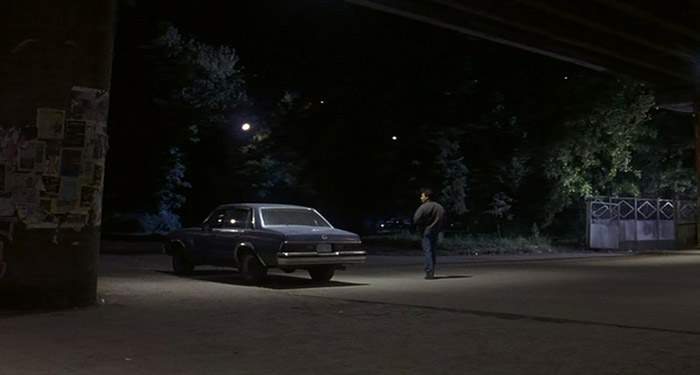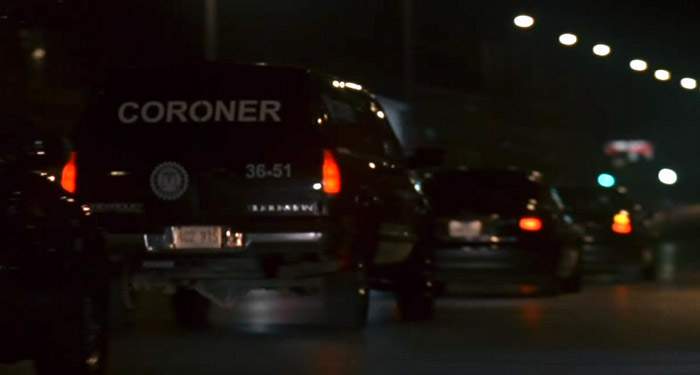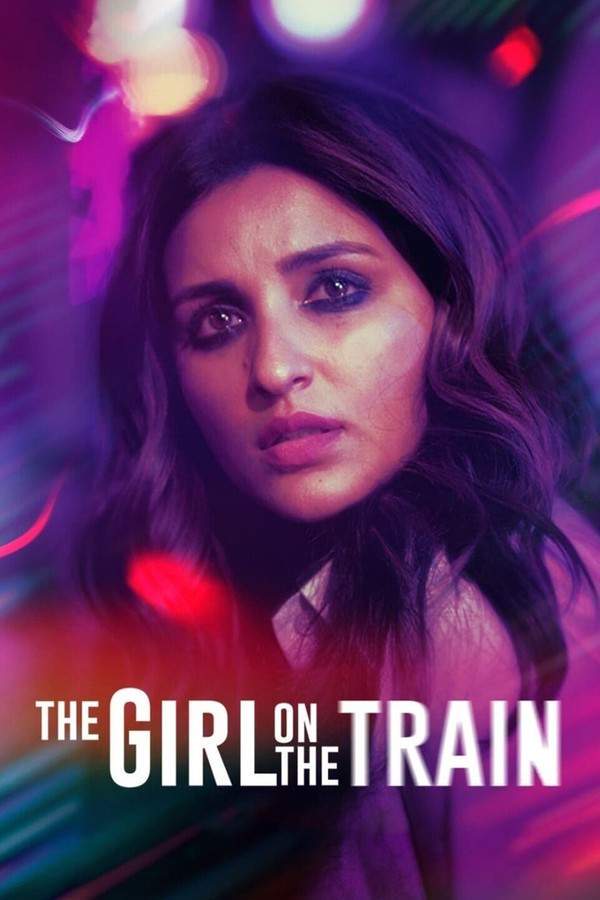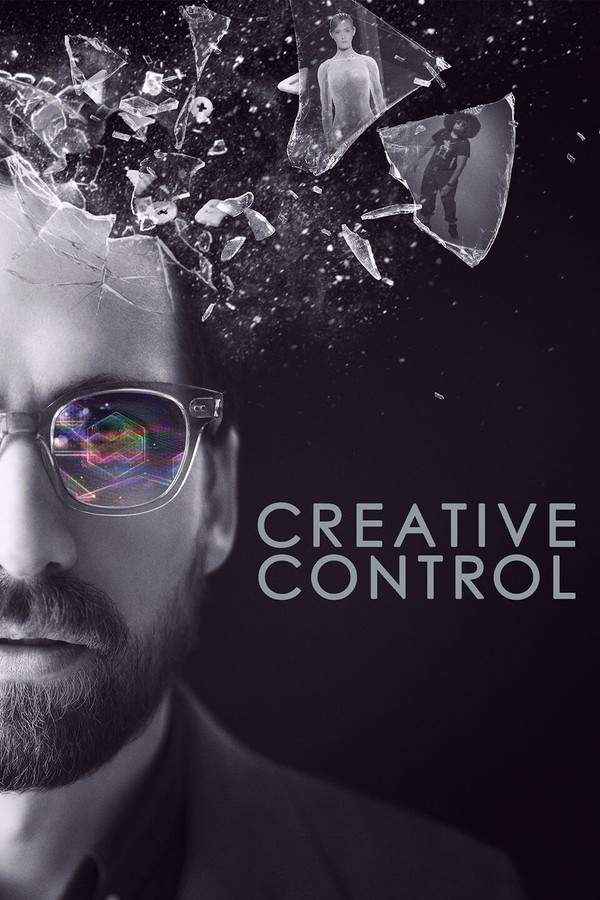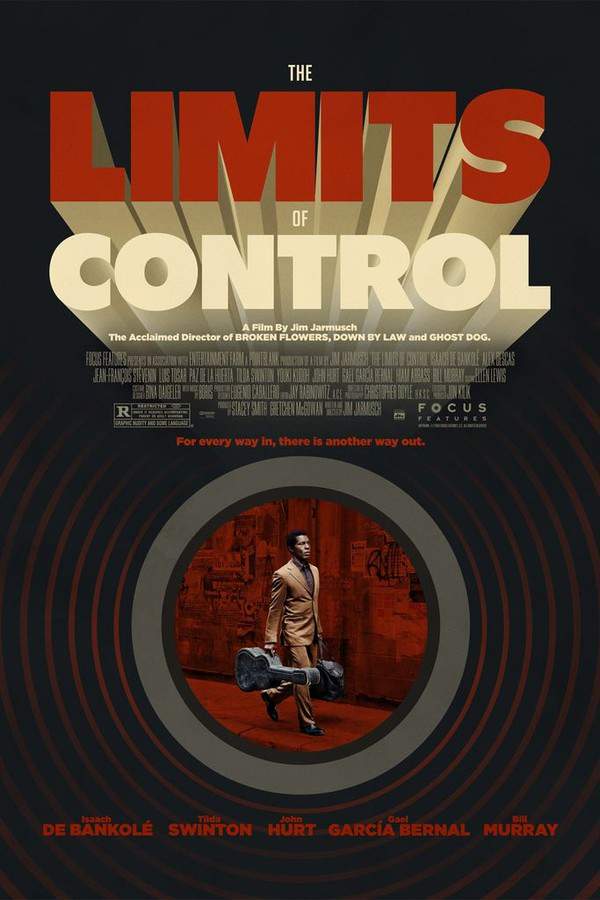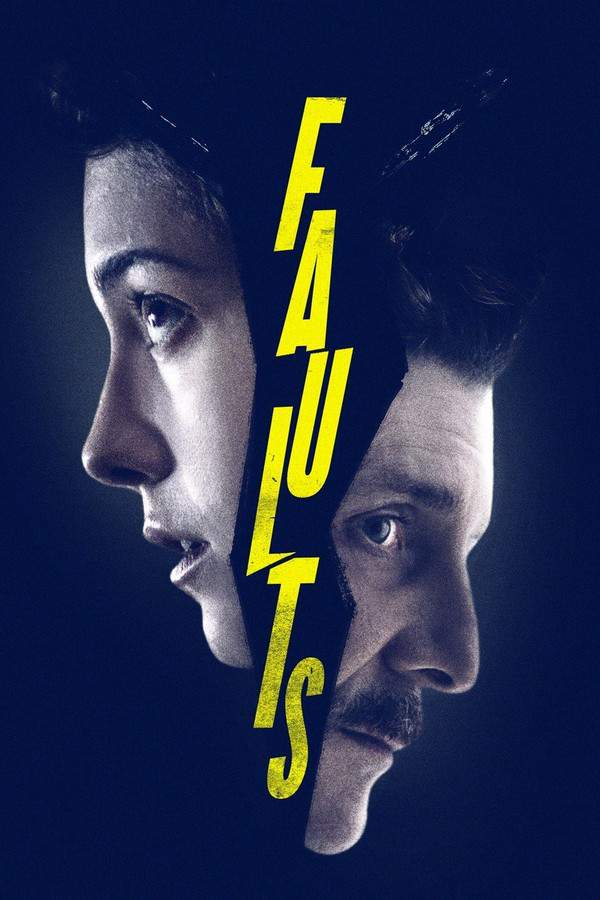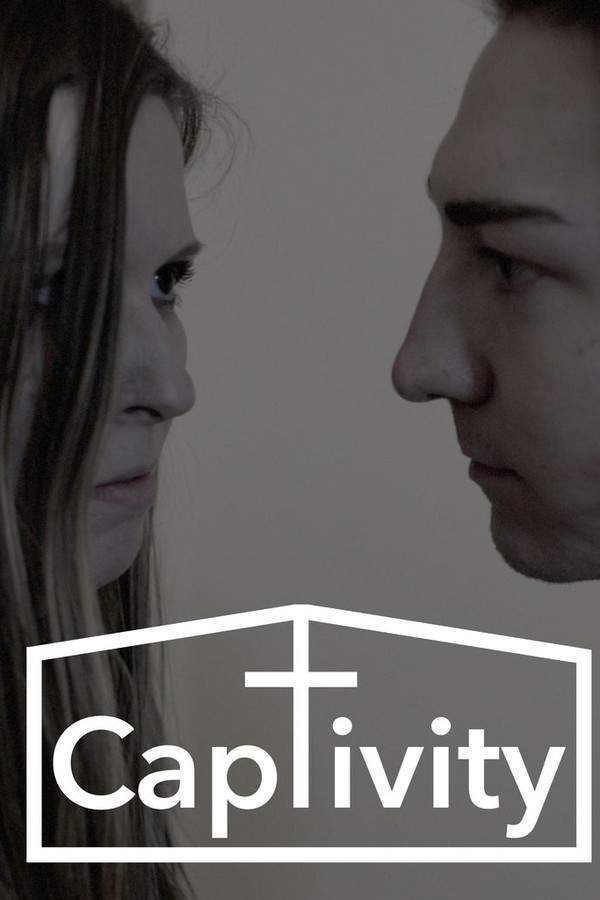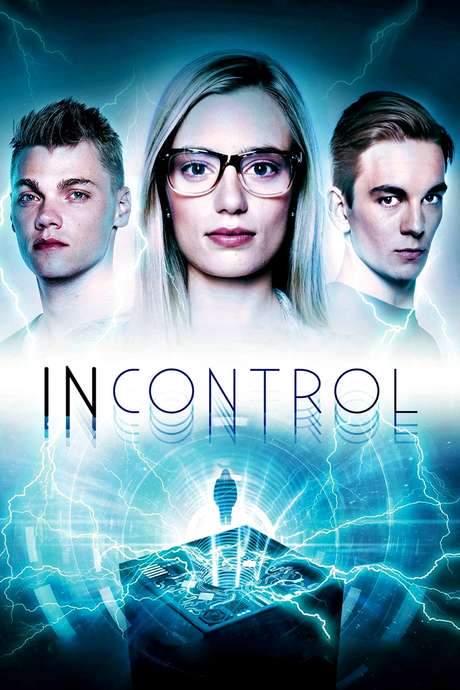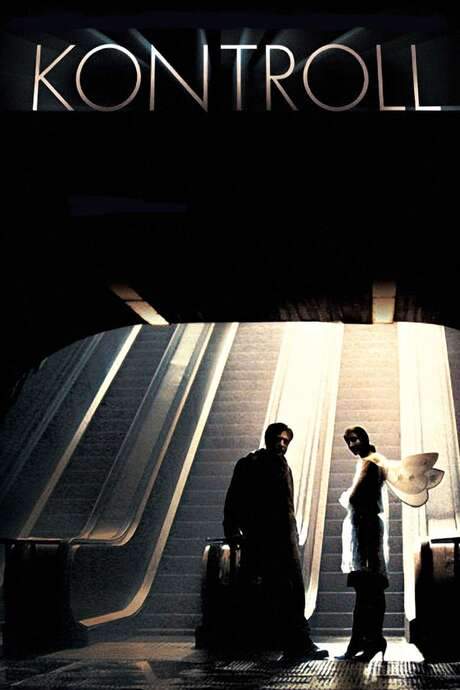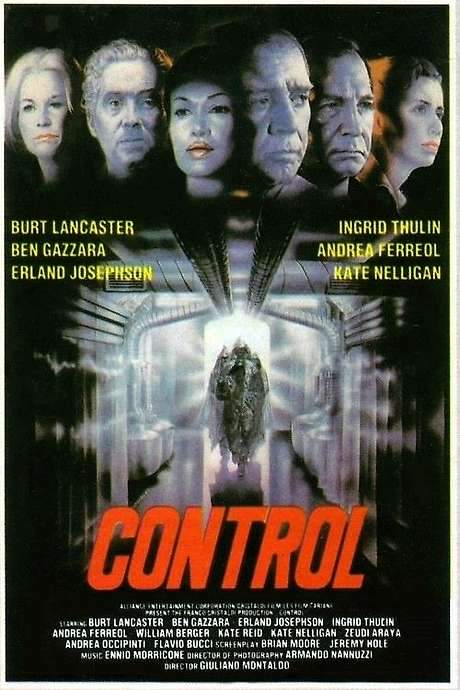Control 2005
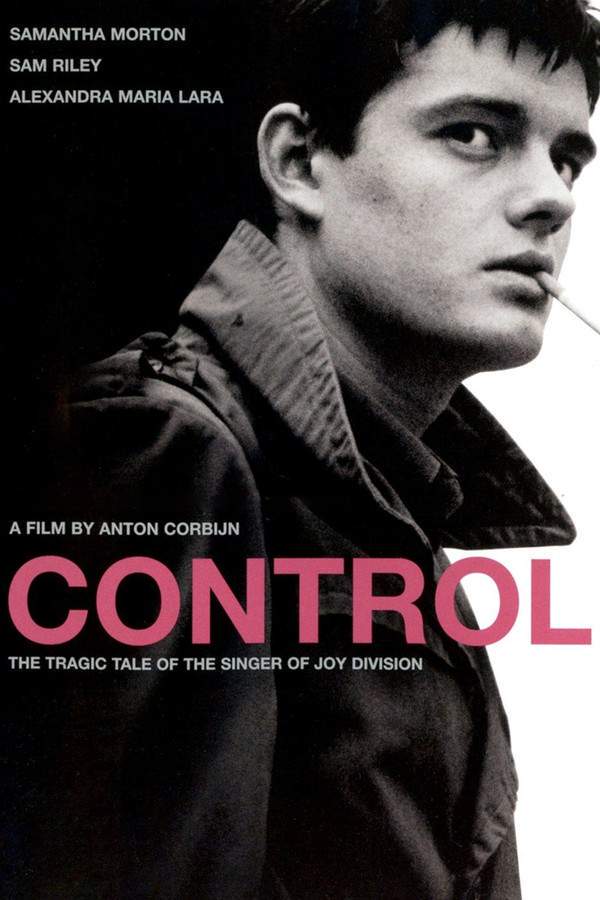
A woman finds herself imprisoned within a shadowy organization and realizes she is unknowingly part of their disturbing experiments. As her hidden abilities are exploited and manipulated, she is forced to confront a growing darkness while struggling to distinguish between reality and illusion. She must fight to uncover the truth and break free from their control in this intense drama with thriller elements.
Does Control have end credit scenes?
Yes!
Control does have end credit scenes. Stay until the very end!
Meet the Full Cast and Actors of Control
Explore the complete cast of Control, including both lead and supporting actors. Learn who plays each character, discover their past roles and achievements, and find out what makes this ensemble cast stand out in the world of film and television.
External Links and Streaming Options
Discover where to watch Control online, including streaming platforms, rental options, and official sources. Compare reviews, ratings, and in-depth movie information across sites like IMDb, TMDb, Wikipedia or Rotten Tomatoes.
Ratings and Reviews for Control
See how Control is rated across major platforms like IMDb, Metacritic, and TMDb. Compare audience scores and critic reviews to understand where Control stands among top-rated movies in its genre.

72
Metascore
7.3
User Score

7.6 /10
IMDb Rating

61
%
User Score
Take the Ultimate Control Movie Quiz
Challenge your knowledge of Control with this fun and interactive movie quiz. Test yourself on key plot points, iconic characters, hidden details, and memorable moments to see how well you really know the film.
Control: A Dive into the Underground: Test your knowledge about the gripping events, characters, and themes of 'Control'.
Who is the main character in the film 'Control'?
Bulcsú (Sándor Csányi)
Gonzó (Balázs Mihályfi)
Laci (László Nádasi)
Bootsie (Bence Mátyássy)
Show hint
Full Plot Summary and Ending Explained for Control
Read the complete plot summary of Control, including all major events, twists, and the full ending explained in detail. Explore key characters, themes, hidden meanings, and everything you need to understand the story from beginning to end.
The film begins with a statement from a real-life manager of the Budapest metro, emphasizing that the story presented is entirely fictional and does not reflect the actual behavior or practices of the Kontrollers within the system.
In this narrative, we follow Bulcsú (Sándor Csányi), a diligent ticket inspector who calls the Hungarian Metro his home, as he spends his nights either patrolling the train platforms or resting amidst the hustle and bustle of the underground. Joined by his eclectic team of inspectors, which includes the seasoned yet eccentric Professor (Zoltán Mucsi), the scruffy Lecsó (Sándor Badár), the unpredictable and narcoleptic Muki (Csaba Pindroch), and the naive newcomer Tibi (Zsolt Nagy), Bulcsú faces relentless disrespect and physical confrontation from the commuters. These individuals continuously seek to evade fines through an array of creative and audacious methods.
Amidst the chaos, Bulcsú is unwittingly drawn into a rivalry with the model employee Gonzó (Balázs Mihályfi), who challenges him to a precarious “rail run” contest. This dangerous competition takes place on the tracks after the final metro of the night has left, with both competitors racing to reach the next station before being overtaken by a midnight maintenance vehicle. Bulcsú narrowly secures victory, managing to save Gonzó in the nick of time.
One day, during a typical inspection, Bulcsú’s attention is captured by a mysterious girl in a bear suit named Zsófi (Eszter Balla), who is the daughter of a veteran metro driver, Béla (Lajos Kovács). Their connection grows, against the backdrop of Bulcsú’s increasingly chaotic work life. Tensions escalate further when his colleague Laci (László Nádasi), driven to the brink, finds himself in a violent confrontation with a passenger, ultimately leading to a tragic and deadly outcome.
In a series of eerie events, Bulcsú encounters a prankster known as Bootsie (Bence Mátyássy), only to witness him being shoved onto the tracks by a shadowy figure clad in similar attire as his own. This unnerving incident – mistaken for yet another suicide – deeply disturbs Bulcsú, spurring nightmares about the cloaked individual that plague his thoughts and distract him from his duties. When questioned about the incident, he opts not to provide details to the firm’s executive, György Cserhalmi, leading to his resignation under pressure and insinuations from Muki that he may be connected to the death.
Things come to a head during an underground costume party where Bulcsú finally confronts the hooded figure, resulting in yet another race on the tracks similar to his previous contest with Gonzó. Once again, Bulcsú emerges victorious, but the identity of the hooded figure remains a mystery as they disappear back into the shadows. In a moment of solace, Bulcsú reunites with Zsófi, who has transformed into a butterfly costume, together stepping into the light above, away from the dark depths of the metro.
Uncover the Details: Timeline, Characters, Themes, and Beyond!

Coming soon on iOS and Android
The Plot Explained Mobile App
From blockbusters to hidden gems — dive into movie stories anytime, anywhere. Save your favorites, discover plots faster, and never miss a twist again.
Sign up to be the first to know when we launch. Your email stays private — always.
Discover Film Music Concerts Near You – Live Orchestras Performing Iconic Movie Soundtracks
Immerse yourself in the magic of cinema with live orchestral performances of your favorite film scores. From sweeping Hollywood blockbusters and animated classics to epic fantasy soundtracks, our curated listings connect you to upcoming film music events worldwide.
Explore concert film screenings paired with full orchestra concerts, read detailed event information, and secure your tickets for unforgettable evenings celebrating legendary composers like John Williams, Hans Zimmer, and more.


Cars Featured in Control
Explore all cars featured in Control, including their makes, models, scenes they appear in, and their significance to the plot. A must-read for car enthusiasts and movie buffs alike.
Control Themes and Keywords
Discover the central themes, ideas, and keywords that define the movie’s story, tone, and message. Analyze the film’s deeper meanings, genre influences, and recurring concepts.
Control Other Names and Titles
Explore the various alternative titles, translations, and other names used for Control across different regions and languages. Understand how the film is marketed and recognized worldwide.
Similar Movies To Control You Should Know About
Browse a curated list of movies similar in genre, tone, characters, or story structure. Discover new titles like the one you're watching, perfect for fans of related plots, vibes, or cinematic styles.
Quick Links: Summary, Cast, Ratings, More

What's After the Movie?
Not sure whether to stay after the credits? Find out!
Explore Our Movie Platform
New Movie Releases (2025)
Famous Movie Actors
Top Film Production Studios
Movie Plot Summaries & Endings
Major Movie Awards & Winners
Best Concert Films & Music Documentaries
Movie Collections and Curated Lists
© 2025 What's After the Movie. All rights reserved.


